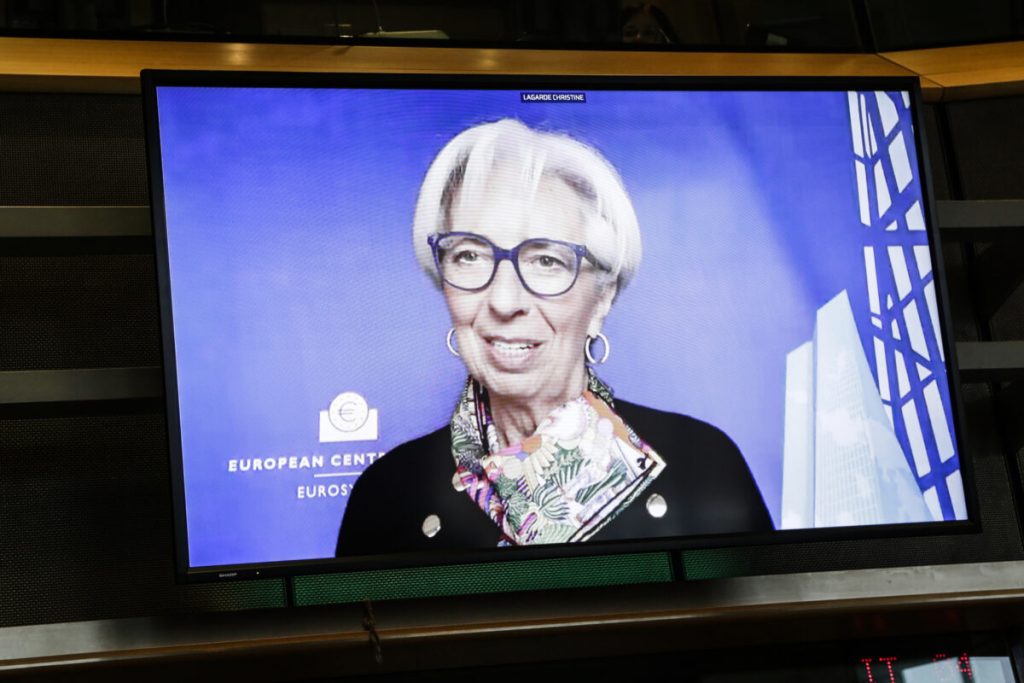With the Modern Monetary Theory (MMT) system, what will change for Eurozone countries?
In many Western countries, the group of economists is strengthening in favor of Modern Monetary Theory (MMT). This is also confirmed by the fact that one of the main scientists in this theory, Stephanie KeltonHe was named chief economist for the US Senate Budget Committee. Professor Kelton has a strong political and economic influence as she helped shape the economic program of current US President Joe Biden.
In her most famous book, translated into Italian under the title The Deficit Myth, Kelton argues that in the case of monetary sovereignty, excessive concern for a balanced budget or public deficit would be a secondary problem compared to the main problem of full employment.
According to MMT, in a monetary sovereign country, the state money can never run out, because it has the power to print it and put it into circulation. Public spending will then be financed with funds created by the state. In fact, new money is introduced into the economic system precisely through public spending.
L ‘tax collection So it no longer has the task of financing public spending, but rather the task of controlling inflation and draining liquidity from the system and reducing the velocity of circulation when the economy overheats. On the contrary, in the case of a stagnant economy, lower taxes and greater injection of money through public spending would stimulate the creation of new wealth.
The rebalancing of social groups will not be carried out by taxing the rich, but by increasing public spending in favor of the poorest.
With the Modern Monetary Theory (MMT) system, what will change for Eurozone countries?
It is clear that there are also many economists who have raised criticisms of this theory. In fact, academic, scientific, and political debate is taking place in various places. Kelton herself, in the introduction to her book, raises some doubts about the application of this theory in countries that have relinquished their monetary sovereignty, such as Italy and all countries of the European system.
Just by looking at economic history, we see that the monetary system has undergone many changes. So it is plausible that the current monetary system could also change in the next few years. For example, just over a hundred years ago, there was no central banking system independent of governments. Until 50 years ago, all issued money was convertible into gold at a fixed rate. The trend is to increasingly free the circulated currency from other commodities. In order to make their use at the macroeconomic level more flexible.
As for the eurozone at the moment, there are no definitive studies in favor of any direction, so here we limit ourselves to suggesting some hypotheses.
One hypothesis might be that each member state reverts to its old monetary sovereignty.
But this hypothesis seems somewhat theoretical and contradicts the words of former European Central Bank Governor Professor Mario Draghi, who stated that “the euro is irreversible”.
Another hypothesis, perhaps more logical, is tax uniformity in the countries of the eurozone. In this case, the Eurozone for MMT purposes would act as a sovereign country, issuing money, carrying out public spending and collecting taxes. The member states would then unilaterally give up another slice of sovereignty, namely taxation. It is clear that this process will encounter a lot of resistance within the various member states. This is due to the loss of sovereignty and the increasing alienation of political power from the citizens.
A signal in this direction has already been set during the Covid crisis. From day to day, with the pandemic impulse, the spreads between the sovereign bonds of the various member states have diminished dramatically. Italy’s public debt no longer matters to anyone (including speculators and hedge funds), the notorious budget constraints have been removed until a date to be determined and from the European Union, billions rivers that could be used with PNRR . number (National Recovery and Resilience Plan).
We may not have noticed in Europe but MMT may be closer than we thought.

“Internet trailblazer. Travelaholic. Passionate social media evangelist. Tv advocate.”







More Stories
NASA's Psyche space probe communicates via laser with Earth from a distance of 226 million kilometers
A possible explanation for one of cosmology's greatest mysteries has arrived
From Earth to the Moon at the speed of light: Watch the chilling video